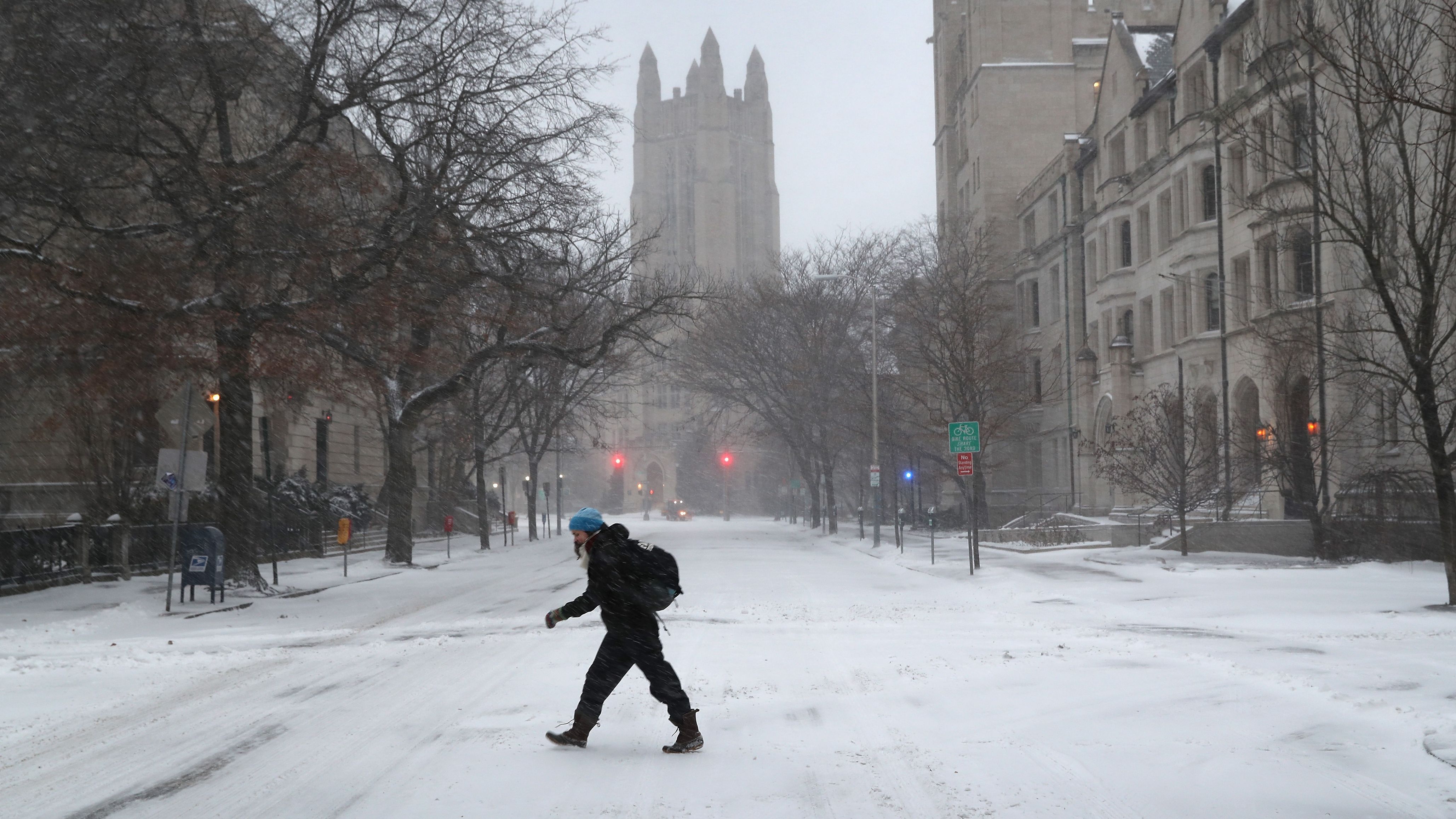What happens at our nation’s elite law schools rarely stays there.
That is why recent events at Yale Law School are so disturbing. In an effort to appease campus protesters, Yale announced that it would begin discriminating against religious students. This should concern all who value intellectual diversity and religious freedom. But even more troubling is the fact that this anti-religious bigotry is unlikely to confine itself to the ivory tower for long.
In February, the Yale Federalist Society scheduled an event with Kristen Waggoner, an attorney at Alliance Defending Freedom, one of the nation’s premier religious liberty organizations. Waggoner recently argued Masterpiece Cakeshop v. Colorado Civil Rights Commission before the Supreme Court and won in a 7-2 vote. The case involved anti-religious discrimination against a Colorado baker.
As Justice Elena Kagan explained, the government acted unconstitutionally because it exhibited “hostility to religious views.”
One might expect an event with a successful Supreme Court advocate to be welcomed at an elite law school. But before the event had even taken place, more than 20 student organizations publicly condemned the event and speaker.
The problem? Waggoner’s orthodox Christian beliefs and a commitment to religious liberty. Parroting Southern Poverty Law Center talking points, protesters claimed she worked for a “homophobic, transphobic hate group.” Never mind that Alliance Defending Freedom has won nine Supreme Court cases in the past seven years.
Protesters get administrative support
Par for the course at Ivy League institutions, a list of demands soon followed. The organizations called on Dean Heather Gerken to implement policies that would make it more difficult for students to work at “discriminatory” organizations, like those promoting religious liberty. They also asked her to consider denying admission to applicants who worked on certain religious liberty efforts before law school. Such lists are normally good for a laugh. And this one seemed no different.
But in late March, Yale Law School adopted a novel tactic: one-upping the protesters. It announced three major policy changes that went further than many of the protesters’ demands, all under the guise of an expanded nondiscrimination policy.
The new policies require all employers to swear that, when hiring students or graduates who benefit from certain Yale funding, they will not consider an applicant’s “religion,” “religious creed,” “gender identity” or “gender expression,” among other factors. The effect of this, for instance, is if a Yale Law student or graduate wishes to work for an organization that does consider religion in hiring — say a Catholic organization or Jewish advocacy group — Yale will cut them off from three important programs.
First, Yale will ban them from receiving the school’s “summer public interest funding.” This is more important than it sounds. Between students’ first and second years of law school, they typically volunteer at nonprofits or in government. (Most law firms, quite understandably, are not interested in hiring first-year students.) To help defray students’ living expenses during this first summer, Yale offers financial grants. Last summer, for example, Yale provided more than $1.9 million to more than 200 students.
Second, Yale will ban graduates from participating in the school’s loan assistance program. The basic idea is simple: If a student graduates, works full time, and makes below a certain income threshold, Yale will help with their loan payments. Sound too good to be true? Most top law schools have similar programs. Yale previously boasted that this program covered “all jobs in all sectors.” No longer.
Third, Yale will ban them from receiving one of the law school’s 30-plus post-graduate fellowships. These prestigious fellowships offer a year of funding for students to serve in a nonprofit or government position.
Standing up to overt religious discrimination
Under the guise of nondiscrimination, Yale Law School has announced it will blatantly discriminate. A student is barred from aid if she works at a synagogue that gives preference to Jewish applicants, but not if she works at an organization that peddles anti-Semitism yet hires all comers. A graduate is blocked from funding if she works for the Christian Legal Society, but not if she works for the Freedom from Religion Foundation. And a graduate is not eligible to receive loan assistance if she is a professor at Brigham Young University, but is eligible if she works for Berkeley.
Yale Law School, under the leadership of Dean Gerken, has adopted policies of overt religious discrimination. Those who value religious toleration and intellectual diversity must stand up and demand that these policies stop.
But these policies — and the ideas animating them — will not confine themselves to the ivory tower for long. What happens at law schools like Harvard, Yale and Stanford today foreshadows the broader cultural trends of tomorrow. I don’t like what I see.
What can be done?
[…]
To see the remainder of this article, click read more.
Source: Yale Law School gives in to anti-religious bigotry in new policies
 Listen Online
Listen Online Watch Online
Watch Online Find a Station in Your Area
Find a Station in Your Area








 Listen Now
Listen Now Watch Online
Watch Online
